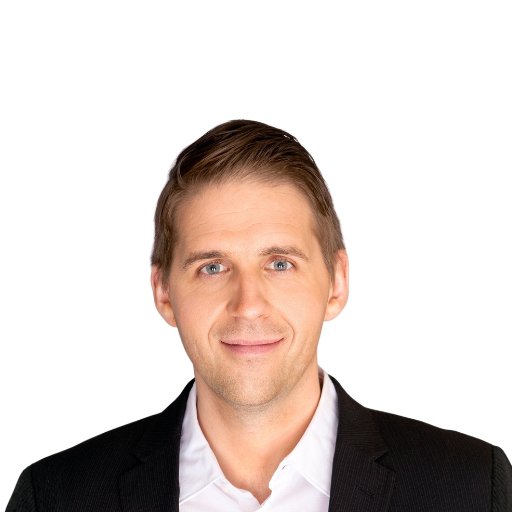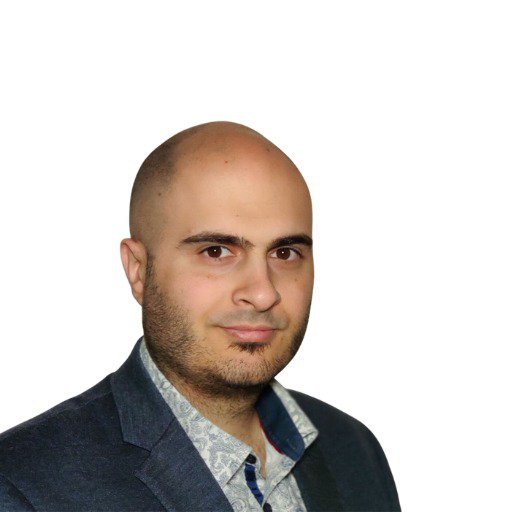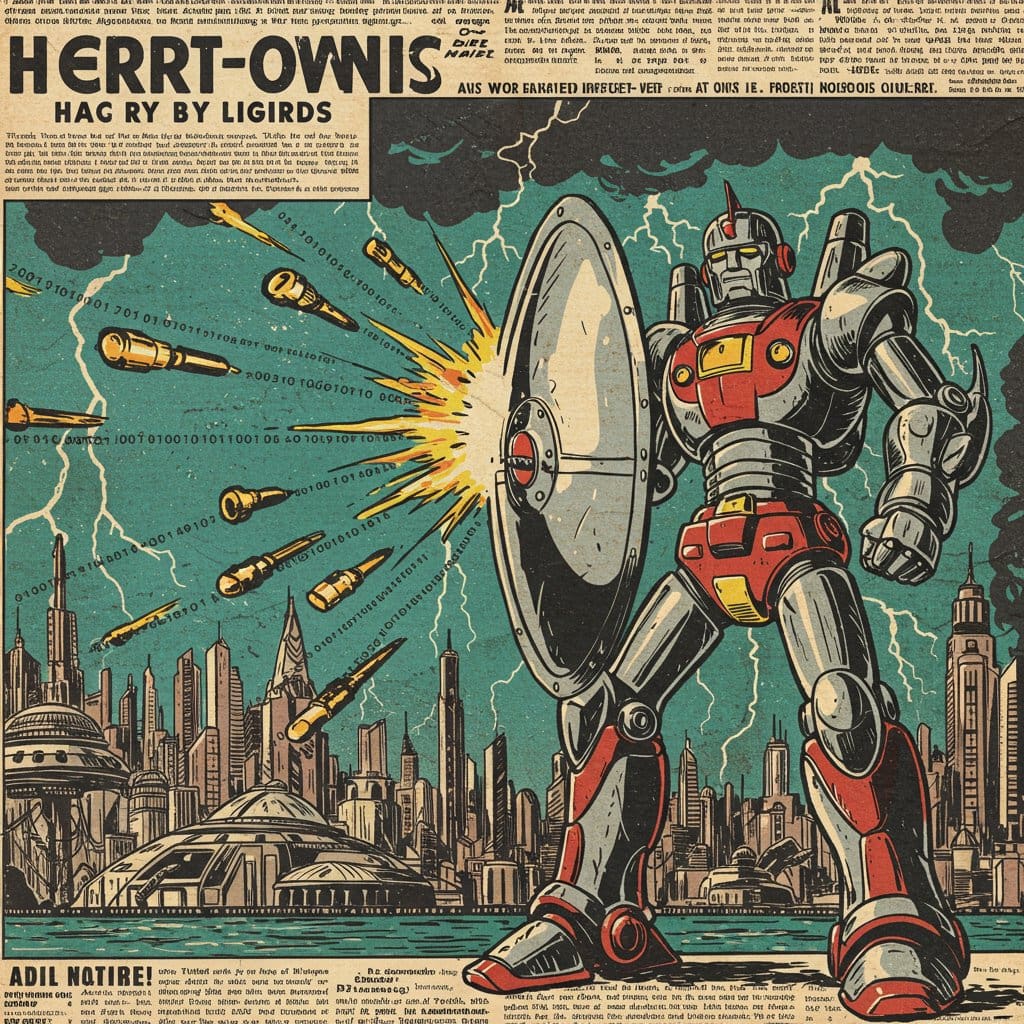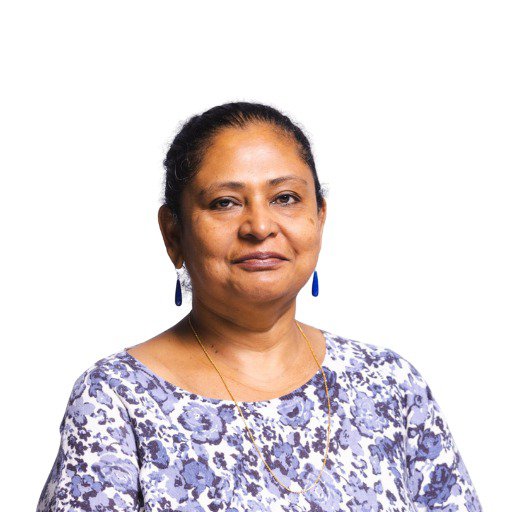Introduction
One request I have to my guests is to define ‘Evangelism’ – as each company has a different version of what this means. For Matt Watts, Chief Technology Evangelist at NetApp reminded me that evangelism is far more than product promotion.
“It’s an interesting question. My job is about bridging the technology within our portfolio to the outcomes and capabilities customers are seeking,” he explained. The crux of his role lies in interpreting technological trends and guiding companies on how to prepare for what’s on the horizon, far beyond current product capabilities and way beyond ‘jargon’. Matt reflects on the demands of customers, particularly sustainability as a pivotal emerging requirement. “Going back 4 or 5 years, I saw sustainability coming into the forefront” notes Watts.
Sustainability was critical for NetApp to incorporate this ethos into their business model. The undertone in developing new products has to embed sustainability firmly within these innovations.
The Journey to The 4th Wave
Illustrating his approach, Watts speaks about his recently published book, “The 4th Wave.” Initially intended as internal guidance, the book has expanded as Watts recognised patterns across different technological evolutions—modularisation, virtualisation, cloud computing, and now, the democratisation of AI, spurred notably by ChatGPT. This realisation led to the incorporation of sustainability and AI as key components of the fourth technological wave.
Sustainability needs to be a core focus, both as a concept and its tangible implications within technology. “Sustainability is part of all the waves, but it has now entered the public’s psyche more prominently” commented Watts. “Data centres currently consume about 2% of the world’s electricity. Forecasts suggest it will grow to 8%” Watts informs. Watts explains the current issues with data waste. Data storage and management efficiently, as data centres’ energy consumption continues to rise alarmingly. “68% of the data stored is essentially a landfill of garbage” Watts reveals, urging the need to address the ‘dark data’ problem.
Baking In The Solution
“Aston Martin’s factory, the first new factory in Formula 1 for 10 or 15 years, integrates sustainability deeply” mentions Mr Watts.
So, AI might unlock hidden insights within this neglected data, transforming unwanted data into valuable assets whilst simultaneously combating sustainability challenges.
This partnership aligns with Formula 1’s ambitious goal to become net-zero by 2030, showcasing how advancements in data can drive substantial sustainability outcomes in unexpected arenas like motorsport. Greenwashing which has has been an ongoing issue plaguing the industry.
As Watts observes,”People are looking beyond greenwashing nowadays and are more focused on the real opportunities.”
A Look Forward
The Sustainability expert stresses the value of transparency and accountability. Companies are increasingly required to validate their sustainability claims, an area where there has been significant improvement in recent years, greenwashing will be called out.
Watts walked through the NetApp’s sustainability strategy, which encapsulated in three pillars: corporate responsibility, sustainable product design, and helping customers achieve their sustainability goals.
Sustainability is becoming part of the fabric towards RFPs, particularly in regions like EMEA and APAC.









